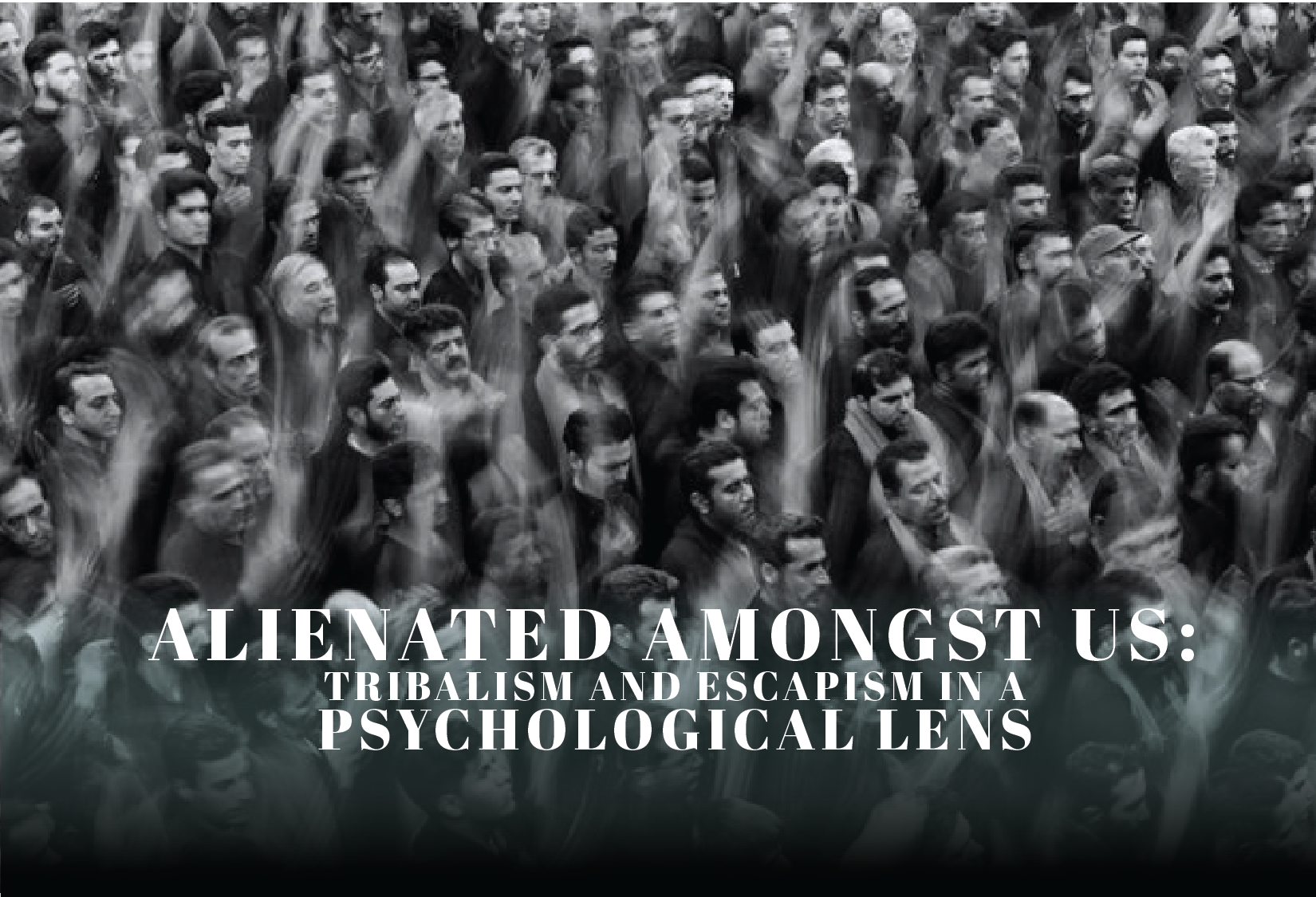
Article by
Remember when the online game of “Among Us” was first released in 2018?
For the uninitiated, this multiplayer game is set on a spaceship where players are assigned roles as either Crewmates or Impostors. Crewmates work together to complete tasks while identifying the Impostors among them. Impostors aim to sabotage the mission and eliminate Crewmates without being detected. The game involves strategy, social manipulation, and teamwork,
As bizarre as it sounded at face value, this little Indie game rapidly gained fame in 2020 and became linked with supersonic action, betrayal, and social acceptance-a need to belong and escape.
Human Tribalism
As per psychology, tribalism is defined as humans forming social groups and identifying with them, driven by shared identity, values, and goals. Perceiving others as members of the “in-group”, acts to activate the brain's reward system, fostering loyalty and preference, according to social researcher Jay Van Bavel. Moreover, the seeds of closure are planted in the group when the brain’s empathy circuit charges up, encouraging compassion and teamwork.
Despite how cutthroat Among Us is, there is multilayered sharing both inside and outside of the game through group dynamics, loyalty, and crafty planning.
Ingroup-Outgroup Dynamics:
The fundamental structure of the game creates a clear division between Crewmates and Impostors, fostering an us-vs-them mentality. This dynamic mirrors real-world tribalism, where loyalty to one's group (either Crewmates or Impostors) is paramount.
Trust and Suspicion:
Players must navigate trust and suspicion, building alliances to survive or deceive. These interactions often lead to the formation of temporary in-groups based on trust and shared goals. Players work to identify who they can trust, mirroring social dynamics in real-life communities.
Communication and Manipulation:
Being a crafty silver-tongue is crucial in "Among Us," whether it's convincing others of one's innocence or identifying potential impostors. This aspect of the game encourages players to develop persuasive skills and understand group psychology. Tribalism is evident as players align themselves with those they trust and work together to achieve common objectives.
The Duality of Fear Amongst Us:
Fear in this multiplayer game does not manifest in the usual horror jump-scares or gory scenes. It is the fear that grips us when we are at our most vulnerable and raw: the insidious fear that your house (aka tribe) is not safe. Someone might be trying to break it from within. This fear further translates into:
Fear of Elimination:
Both Crewmates and Impostors experience fear related to being caught or killed. For Crewmates, the fear centers around being eliminated by an Impostor or making a wrong accusation. For Impostors, the fear involves being discovered and ejected by the Crewmates.
Performance Anxiety:
Fear of underperforming or making mistakes can impact players, especially during discussions and voting phases. The pressure to convincingly argue one’s innocence or guilt can induce performance anxiety, affecting decision-making and communication skills.
Fear as a Manipulative Tool:
Impostors can exploit collective fear by sowing discord and confusion among Crewmates. By manipulating fears, Impostors can divert suspicion away from themselves and create chaos, making it easier to achieve their objectives.
The Escapism
Escapism is described as the tendency to seek distraction and relief from reality. In "Among Us", this element primarily highlights immersion and temporary relief from real-world stressors.
Immersive Experience:
The game's engaging tasks and high-stakes environment allow players to fully immerse themselves in the gameplay. The focus required to identify Impostors or deceive others provides an absorbing experience that distracts from everyday worries.
Role-playing and Fantasy:
Players can adopt roles and personas within the game, allowing them to step outside their real-life identities. This role-playing aspect can be particularly appealing as it offers a form of utopia where players can explore different facets of their personalities.
Social Interaction:
For many, "Among Us" serves as a social outlet, especially during times of isolation such as during the COVID-19 pandemic. The game provides a virtual space for socializing and building connections, which can mitigate feelings of loneliness and alienation.
To sum up, upon exploring these aspects in "Among Us," deeper insights can be gained into the broader implications of tribalism and escapism in our lives, highlighting the balance needed to maintain healthy social interactions and mental well-being.
 Monthly "Azeem English Magazine", launched in 2000, records the information about diverse fields like mental health, literature, research, science, and art. The magazine's objective is to impart social, cultural, and literary values to society.
Monthly "Azeem English Magazine", launched in 2000, records the information about diverse fields like mental health, literature, research, science, and art. The magazine's objective is to impart social, cultural, and literary values to society.
+92 51 88 93 092
First Floor, RAS Arcade, Eidhi Market, Street#124, G-13/4, Islamabad, Pakistan, 44000.